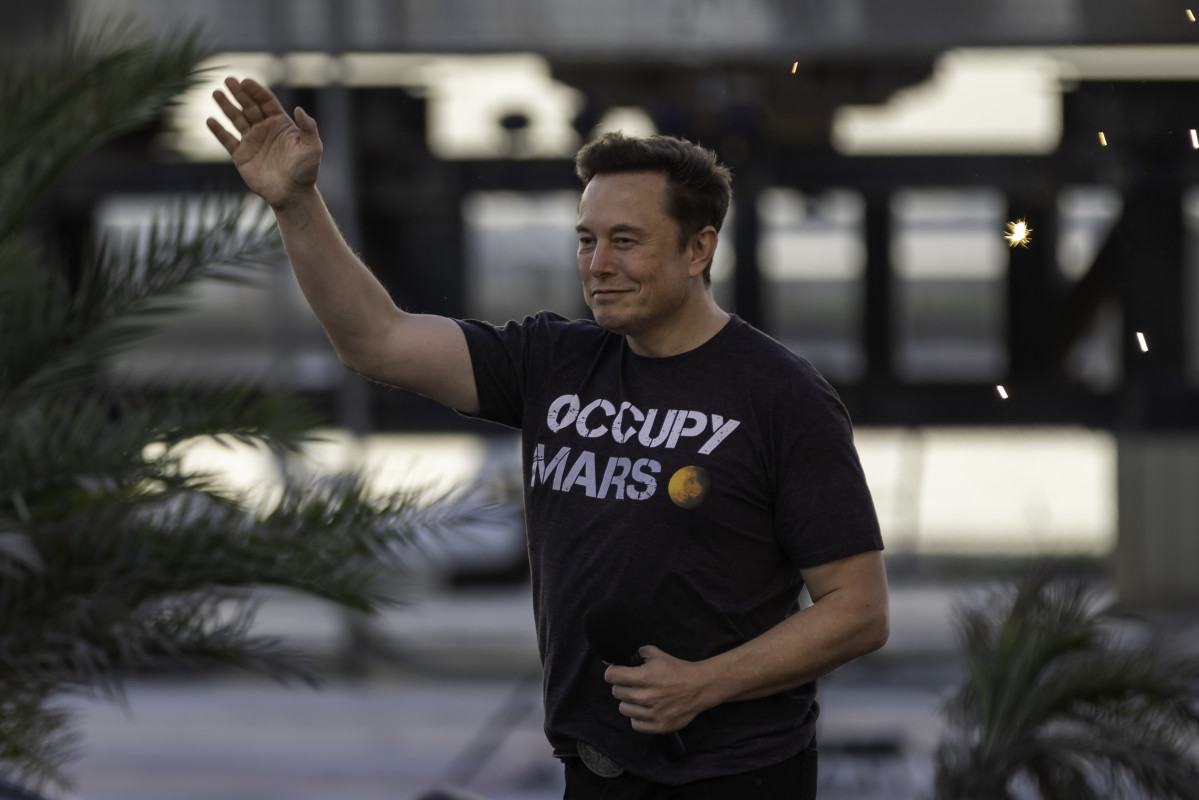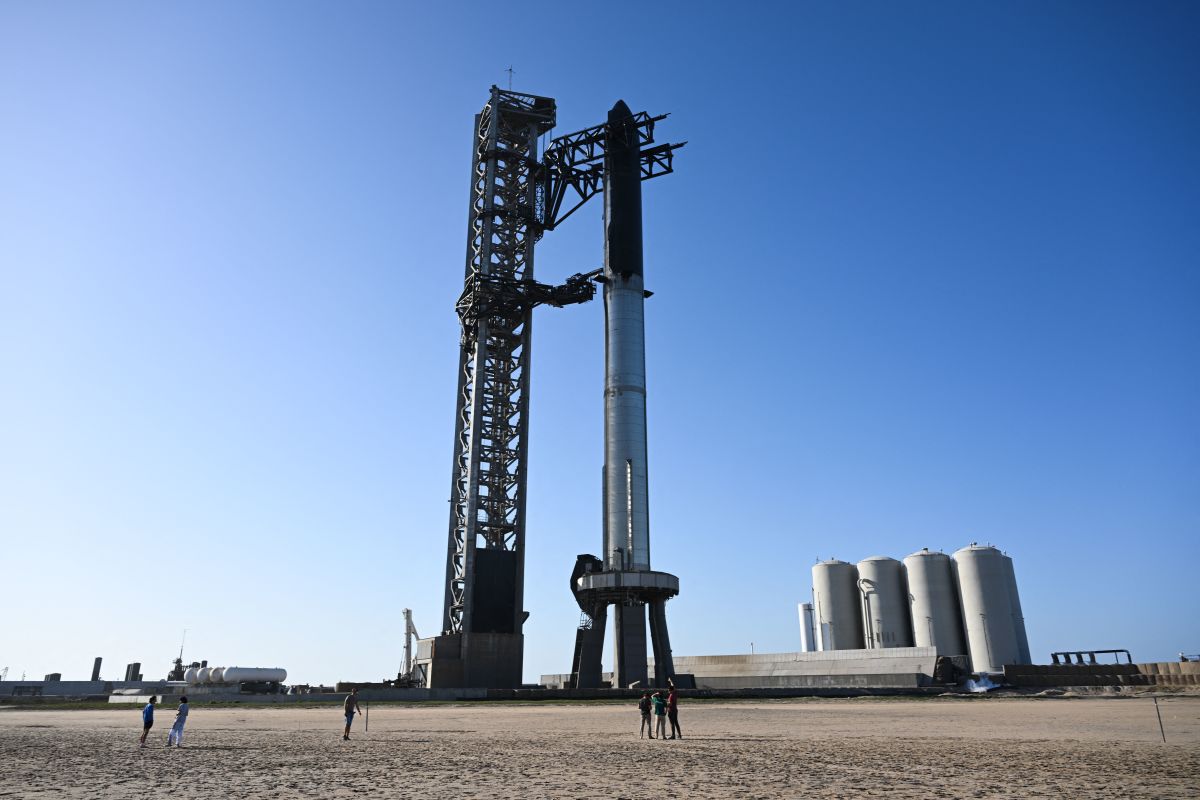
"I want to die on Mars," SpaceX CEO Elon Musk said in March. "Just not on impact."
Musk has made no secret of his ambition to help make humanity an interplanetary species. He built Starship, the world's most powerful rocket, with the express intention to do just that.
Related: Elon Musk shares exciting updates about the future of interplanetary travel
"The reason it's so gigantic is that if you're on a long journey to Mars, I think being cooped up in something the size of a minivan would be unappealing to most people," Musk said in October.
The nearly 400-foot-tall vehicle is designed both to comfortably fit a crew of 100 people, as well as the millions of tons of supplies and equipment necessary to create a self-sustaining city on the Red Planet.

Musk in October predicted that an uncrewed Starship mission could reach Mars within the next three to four years, depending on regulatory hurdles. He noted that once SpaceX can figure out how to transfer fuel to the vehicle, Starship should be able to fly across the solar system.
The billionaire's reasons for getting to Mars and beyond, according to a recent episode of Lex Fridman's podcast, are existential, if slightly long-term.
Related: Elon Musk has even bigger plans for SpaceX next year
The existential threat
The Sun, Musk said, is constantly — if slowly — expanding. Eventually, it will heat the Earth, boiling its oceans and turning Earth into a facsimile of the planet Venus, where "life like we know it is impossible."
"If we do not become interplanetary and go beyond our solar system, annihilation of all life on Earth is a certainty," Musk said. "It could be as little as half a billion years; that's only 10% longer than Earth has been around at all. If life had taken 10% longer to evolve on Earth, it wouldn't exist at all."
The Sun, according to NASA, grows and shrinks on a relatively constant basis. There are recorded periods of time that have been marked by less solar activity, and other periods with more solar activity. When the Sun eventually runs out of energy, roughly five billion years from now, it will expand into a red giant star, engulfing several of the planets in the solar system.
Related: SpaceX Chief Elon Musk explains what he needs to do to colonize Mars
"We need to do it," Musk said, referring to interplanetary travel.
He claimed that, if humanity is able to start exploring other star systems, such explorers will likely uncover evidence of a "whole bunch of long-dead one-planet civilizations that never made it past their home planet."
For civilization to endure, Musk said, it must become multi-planetary. The dinosaurs, he said, died out because they didn't have spaceships. If humanity can't figure out how to get beyond this planet, it's "just a matter of time" before some similar, species-destroying event occurs, according to Musk.
Musk says the 'window is open'

"This is the first time in the history of Earth that it's possible for life to extend beyond Earth," Musk said. "That window is open. Now it may be open for a long time or it may be open for a short time. The smart move is to make life multi-planetary while it is possible to do so."
In the face of a currently changing climate that is moving on a much quicker timescale than half a billion years, however, there is a concern that those with the resources to help the planet are more interested in leaving it behind. Further, Musk's successful efforts to increase the global rate of rocket launches are actually contributing to climate change, despite his 2018 assertion that "climate change is the biggest threat that humanity faces."
SpaceX, according to court filings, will have spent roughly $5 billion on Starship by the end of 2023.
Billionaire philanthropist Bill Gates, the co-founder of Microsoft, said in February that there are better ways to use that kind of money.
“It’s actually quite expensive to go to Mars,” he said. “You can buy measles vaccines and save lives for a thousand dollars per life saved.”
He and Musk have clashed on such questions of philanthropy in the past.
“It just kind of grounds you," Gates said. "Don’t go to Mars.”
Contact Ian via email, ian.krietzberg@thearenagroup.net, or Signal, 732-804-1223.
Related: Bill Gates committed a cardinal sin in Elon Musk's eyes
Get investment guidance from trusted portfolio managers without the management fees. Sign up for Action Alerts PLUS now.







